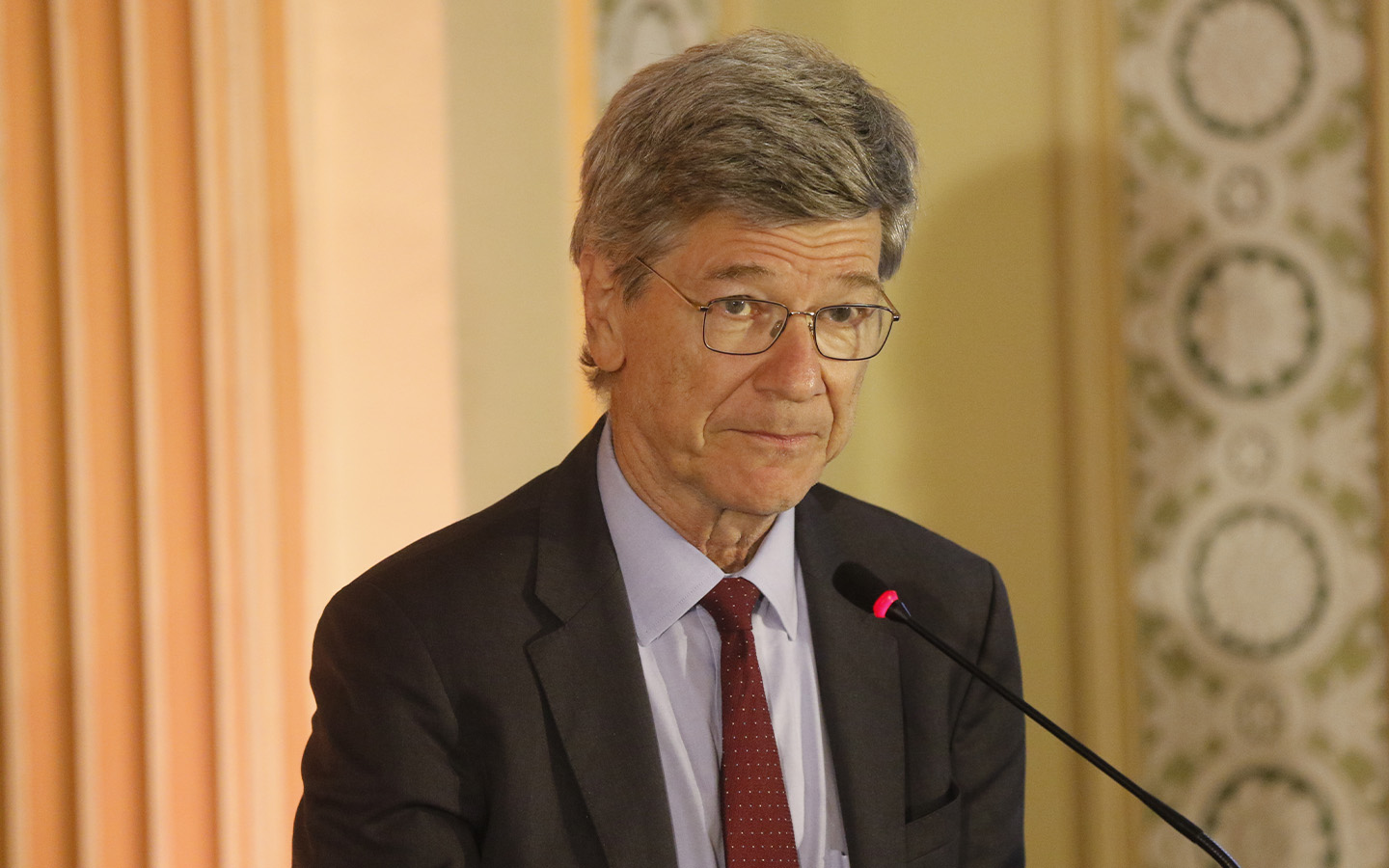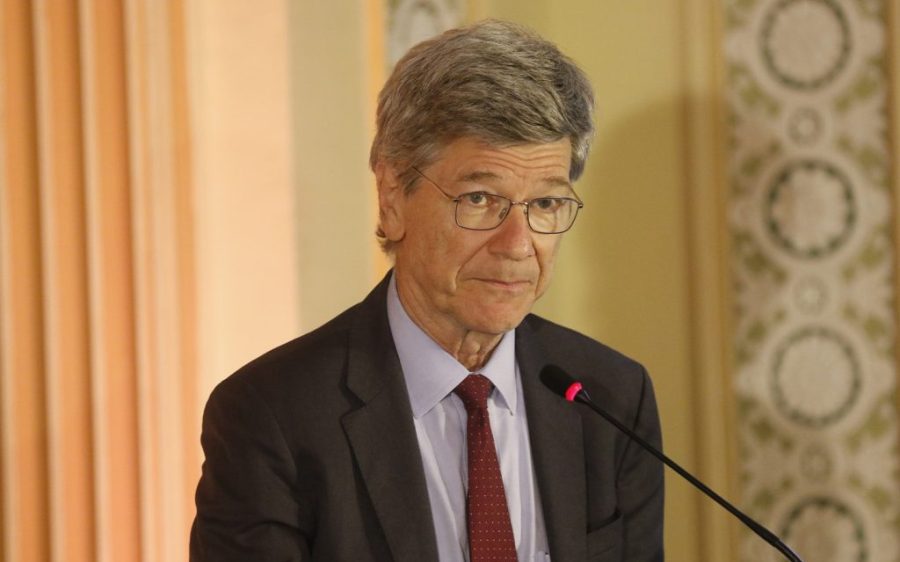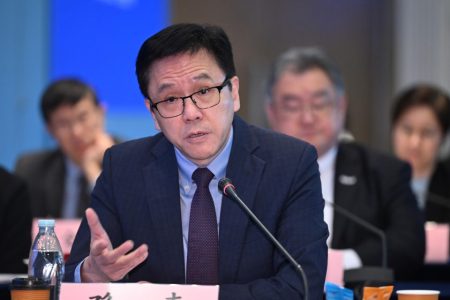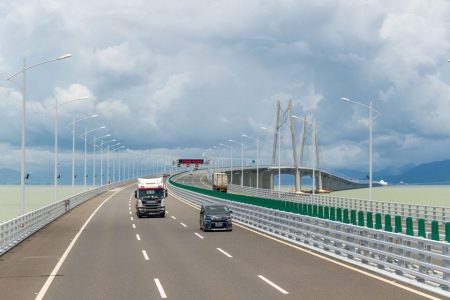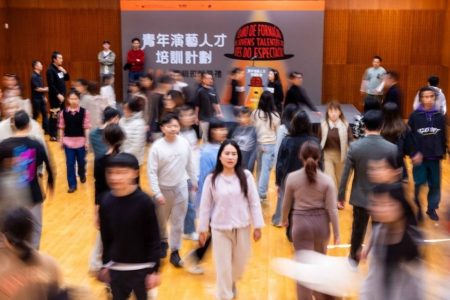Hong Kong is perfectly positioned to capitalise on the world’s next major economic and technological boom, according to renowned US economist Jeffrey Sachs, who spoke at the University of Hong Kong (HKU) as a “prophecy economist” on Sunday.
Sachs – a Columbia University professor and president of the UN Sustainable Development Solutions Network – described Hong Kong as at “the centre of the next volcanic growth,” China Daily reported. He also pointed to its crucial role within the Greater Bay Area (GBA) and wider global economy.
“What we have here offers not only an opportunity for your own prosperity and well-being over the coming generation, but … will shape the world in the way it needs to be transformed into an environmentally sustainable and highly productive future economy,” the economist told the audience at HKU’s Distinguished Lectures series, jointly organised by several university institutes.
He characterised the GBA as “the single most dynamic part of the world economy,” driven by leadership in green and digital technologies.
[See more: Hong Kong retains GBA lead in finance, trade and tourism as AI reshapes regional industries]
Sachs emphasised his belief that sectors like renewable energy, smart grids, electric vehicles, battery supply chains, robotics and artificial intelligence (AI) would “dominate the global economy for at least one generation, probably two.”
Dismissing the US and European Union (EU)’s concerns about China’s so-called industrial overcapacity, which has been criticised for leading to unfair competition in less subsidised markets, Sachs said that the world needed everything China was producing – particularly solutions relating to climate change mitigation.
He urged Hong Kong’s financial sector to play a bigger role in supporting regional exports and investment. “If the (nation’s) solar industry can export twice what it does right now – which it can – it is Hong Kong’s job to make that possible,” he said, while pushing for more understanding between rivals China and the US, which he noted would help foster global stability.
A longtime advocate for sustainable development, Sachs first advised China on opening its venture capital markets in the early 1980s.
